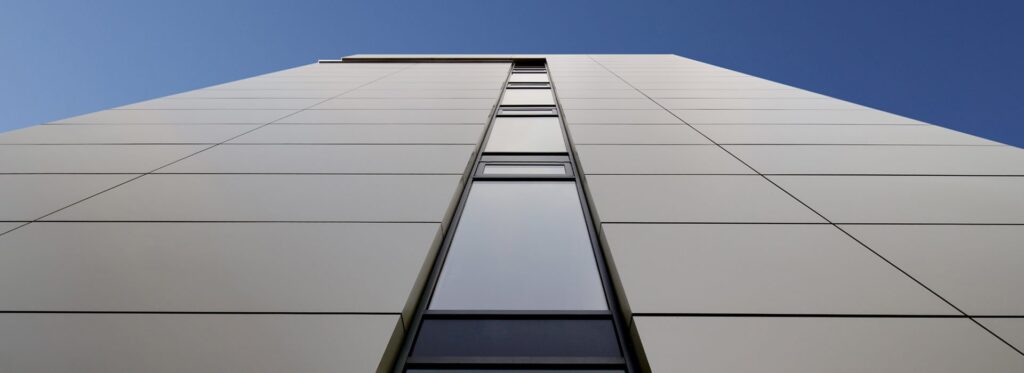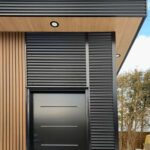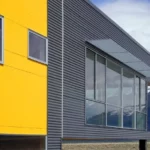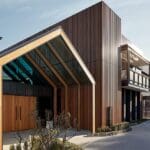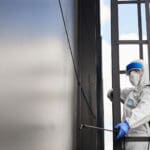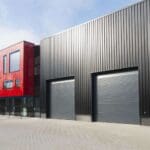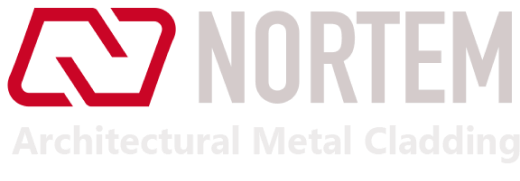Aluminum cladding is a popular choice for both residential and commercial buildings due to its numerous advantages. However, it is essential to consider its disadvantages as well before making a decision. In this blog, we will delve into the pros and cons of aluminum cladding, addressing commonly asked questions about its viability as a cladding material.
Pros and Cons of Aluminum Cladding
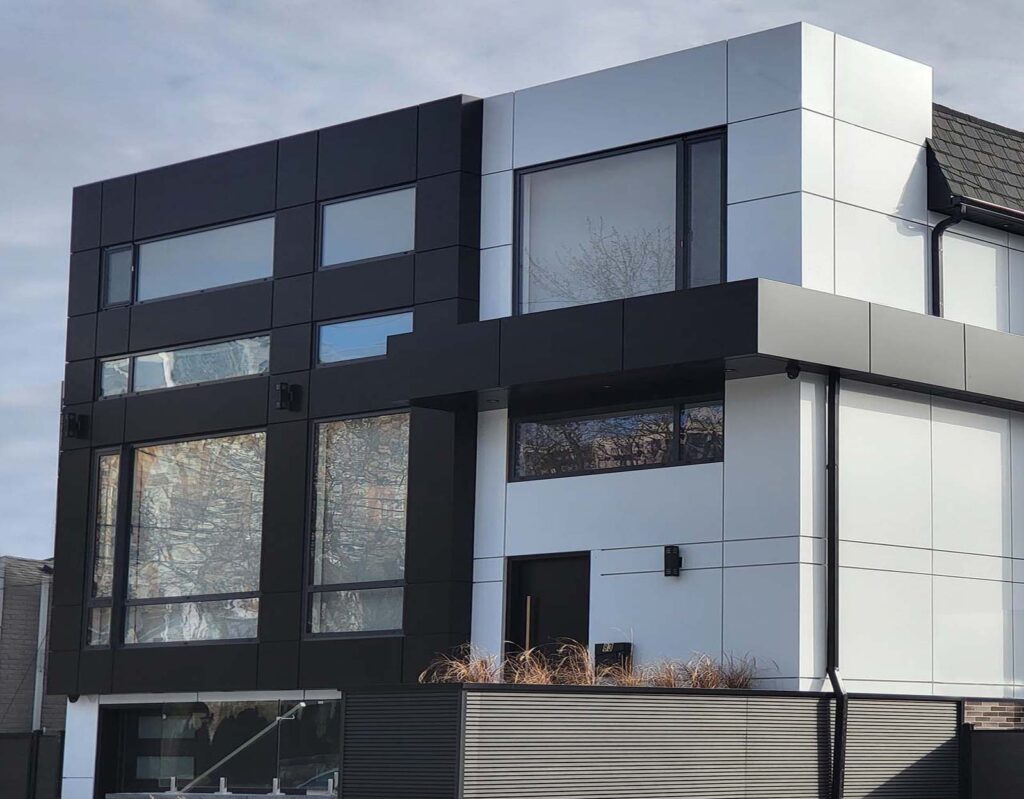
1. Pro: Great cost-efficiency
Aluminum cladding offers excellent cost-efficiency compared to other cladding materials. It is relatively affordable, making it a budget-friendly option for property owners seeking an attractive and durable exterior finish. Compared to other cladding materials, aluminum requires minimal maintenance. It does not rot, warp, or require frequent painting, saving time and costs in the long run.
2. Con: They’re susceptible to dents and heat
One major drawback of aluminum cladding is its susceptibility to dents. It may dent easily upon impact, resulting in an unsightly appearance. However, careful handling during installation and regular maintenance can help prevent such occurrences. Thermal Conductivity: Aluminum has high thermal conductivity, meaning it can transfer heat quickly. Without proper insulation, aluminum cladding may impact energy efficiency and thermal performance.
3. Pro: They’re a standard option
Aluminum cladding is a standard choice for architects and builders due to its versatility. It is available in a wide range of colors, textures, and finishes, allowing for various design possibilities. Its popularity means that it is readily available and easy to source, making it a convenient option for construction projects.
4. Con: The joints need to be carefully sealed
One drawback of aluminum cladding is that the joints between panels need to be carefully sealed to ensure proper waterproofing and insulation. Improper sealing can lead to issues such as water infiltration and energy loss. Therefore, attention to detail during installation is crucial to avoid potential problems.
5. Pro: It’s durable and safe
Aluminum cladding is known for its durability and safety. It is resistant to corrosion, making it ideal for coastal areas or regions with high humidity. Additionally, aluminum cladding is fire-resistant, providing an added layer of safety to the building. Aluminum is a lightweight material, making it easier to handle during installation. This reduces the overall structural load on the building, making it a favorable option for high-rise constructions.
Frequently Asked Questions (FAQs)
1. What are the disadvantages of aluminum cladding?
One disadvantage of aluminum cladding is its susceptibility to dents. Additionally, careful sealing of joints is required to prevent water infiltration and energy loss.
2. Is aluminum good for cladding?
Yes, aluminum is a popular choice for cladding due to its cost-efficiency, versatility, and durability. It is widely used in both residential and commercial construction projects.
3. Why is aluminum good for cladding?
Aluminum is a preferred cladding material because it is affordable, readily available, and offers a wide range of design possibilities. It is also durable, resistant to corrosion, and fire-resistant, enhancing the safety and longevity of the building.
4. Does aluminum cladding rust?
No, aluminum cladding does not rust. Unlike other metals, aluminum is naturally corrosion-resistant, making it ideal for exterior cladding applications.
5. Is aluminum cladding waterproof?
While aluminum itself is not waterproof, properly sealed aluminum cladding panels can provide excellent waterproofing for buildings. The joints between panels need to be carefully sealed to prevent water infiltration and ensure the overall waterproofing of the structure.
Aluminum cladding offers several advantages, including cost-efficiency, durability, and versatility in design. However, it is essential to consider its susceptibility to dents and the importance of careful sealing of joints. By weighing both the pros and cons of aluminum cladding, property owners can make an informed decision about whether aluminum cladding is the right choice for their construction project.
- Discover the Best Corrugated Wall Panel Cleaners

- How to Clean Corrugated Walls Safely: Tips for a Flawless Finish

- The Advantages of Lightweight Cladding: Enhancing Architecture and Sustainability

- Sustaining Brilliance: The Ultimate Guide to Composite Panel Maintenance

- Unveiling the Types of Composite Panels: Exploring Varieties and Applications


